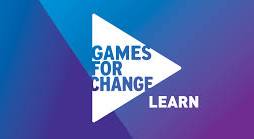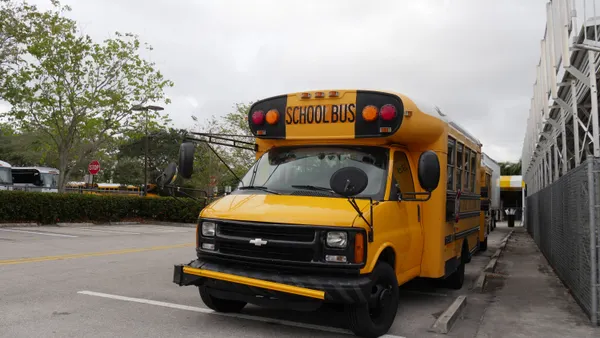A controversial Trump administration policy that would exclude some immigrants from federal programs, including in education, was blocked in two separate cases this week as the change's legality is weighed in court.
Federal judges in Washington and Rhode Island temporarily blocked the policy in back-to-back court orders issued Sept. 10 and 11.
In July, a handful of agencies including the U.S. Departments of Education and Health and Human Services changed their policies to require immigration status verification for programs like Head Start, as well as adult education and career training programs.
"The Government's new policy, across the board, seems to be this: 'Show me your papers,'" wrote Judge Mary McElroy for the U.S. District Court for the District of Rhode Island in a Sept. 10 order. "Verification requirements are expected to exclude current participants midstream, chill participation among even eligible individuals who lack paperwork or fear enforcement, and lead to program closures where compliance is logistically or financially infeasible."
According to court documents in the second case, multiple families have withdrawn from Head Start programs as a result of the directive, with some programs reporting 50% decreases in enrollment of Spanish-speaking families, as well as classroom closures.
"While actual loss of funding from under enrollment might be down the road, families losing access to Head Start due to the Directive’s unclear guidance and chilling effects appears anything but speculative and exists even prior to enforcement," said Judge Ricardo Martinez for the U.S. District Court for the Western District of Washington at Seattle, in a Sept. 11 decision to block the administration's policy.
Martinez's decision temporarily blocks the government from enforcing its new policy against any Head Start agencies, program providers, student or family participants, or others, said the American Civil Liberties Union on Sept. 11.
That sudden and far-reaching shift triggered 20 states and the District of Columbia to sue the administration shortly after as part of the Rhode Island lawsuit, claiming the restrictions to previously inclusive programs like Head Start will hurt low-income families and lead to the “collapse of some of the nation’s most vital public programs.”
The lawsuit, of which McElroy's preliminary injunction is a part, seeks to block the changes in the short- and long-term.
Head Start has never before had immigration status eligibility requirements and is meant to level the playing field for low-income children before they enter the K-12 system, according to the National Head Start Association.
The NHSA, which represents Head Start workers, children and families nationwide, voiced concerns at the time of the July policy change that attempts “to impose such a requirement threaten to create fear and confusion among all families who are focused on raising healthy children, ready to succeed in school and life.”
However, McElroy said in her Sept. 10 order that Head Start is likely not going to be implicated by the Trump administration's policy change despite its attempts, because the government's “appeals are unconvincing” that Head Start is a public “welfare” benefit — to which the new immigration status requirements applied.
“The court decisions yesterday and today mark steps in the right direction for a policy that would be harmful to hundreds of thousands of children and families in our nation,” said Yasmina Vinci, executive director of NHSA, said in a Sept. 11 statement to K-12 Dive.
“The Trump administration tried to rip apart the very programs that millions of families rely on to survive – from Head Start classrooms to cancer screenings to community food banks,” said New York Attorney General Letitia James in a Sept. 10 statement on McElroy's decision. New York is leading the lawsuit.
“With this victory, we are protecting children’s education, safeguarding critical health care, and preserving the safety net that keeps families afloat,” James said.







 Dive Awards
Dive Awards







